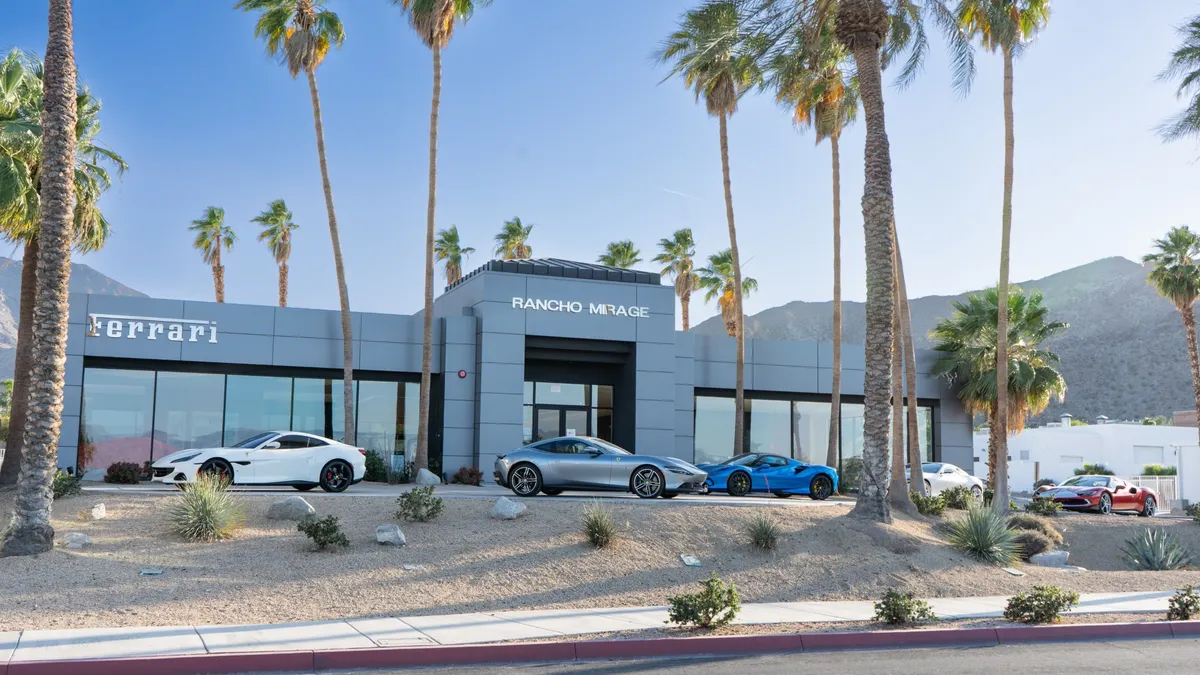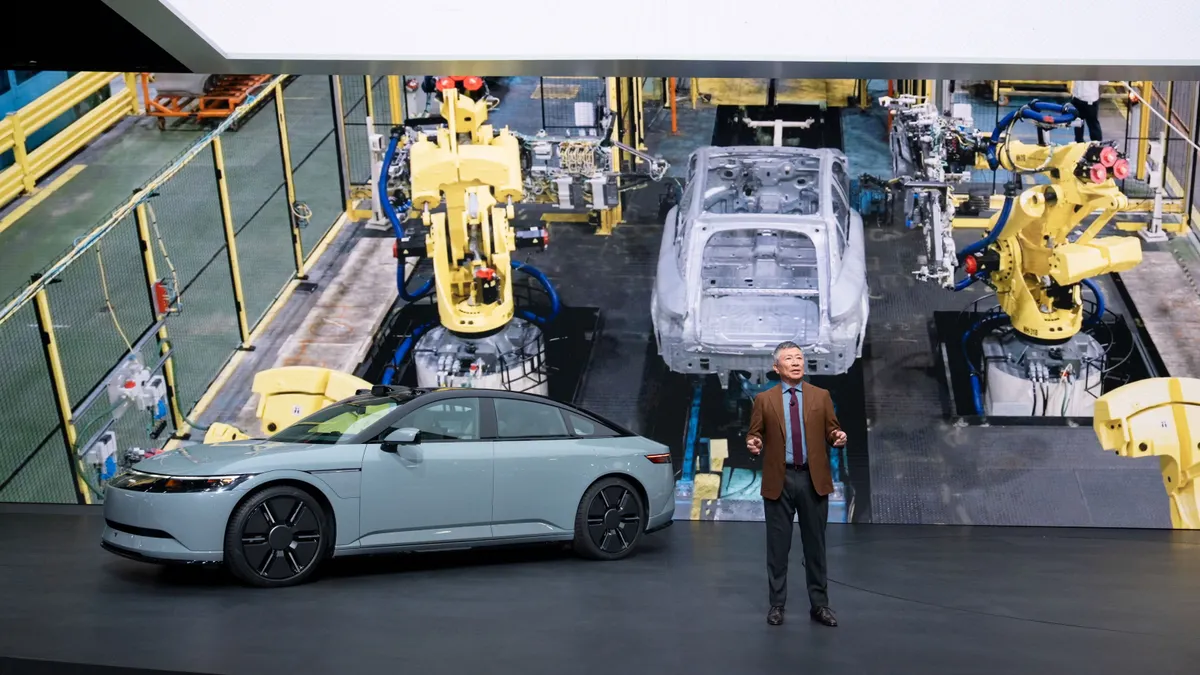Editor's note: This story is part of the WardsAuto digital archive, which may include content that was first published in print, or in different web layouts.
MUMBAI – Indian auto makers are asking for the tax relief they didn’t get in the government’s 2013-2014 fiscal-year budget.
The spending plan increases excise duties on SUVs and some luxury cars from 27% to 30%. The government also raised tariffs on completely built-up imports of super-luxury models from 75% to 100%, changes that effectively translate into a tax rate going from 119% to 136%.
The actual tax hikes range between Rs15,000 and Rs100,000 ($280 to $1,850) for SUVs and luxury cars and from Rs1 million to Rs6 million ($18,325- $109,950) for CBU super-luxuries costing Rs2.2 million ($40,000) or more.
Some Aston Martin, Lamborghini or Rolls-Royce models may see increases as high as Rs 10.9 million ($200,000).
The Society of Indian Auto Manufacturers has asked the government to cancel the 3% increase in excise duty.
Car sales in India grew by just 3.3% last year and by 4.2% in 2011, following a 31.2% surge in 2010, according to WardsAuto data. This year is off to a poor start, with January deliveries down 11% year-on-year to 175,220 units.
The tax news isn’t all bad for auto makers; investments in plants and machinery exceeding Rs1 billion ($18.5 million) get a 2-year tax-free allowance of 15%.
Indian auto makers are dismayed by the higher taxes on SUVs, luxury cars and CBU vehicles that have been the fastest-growing segments of the industry. Sales of light trucks, which include SUVs in WardsAuto tallies, jumped 26.9% in 2012 while super-luxury volume climbed 17.5%.
For tax purposes, SUVs and multipurpose vehicles are classified by length – more than 157.2 ins. (400 cm) – and engine capacity of 1.5L. The government now has added a third criterion for higher taxes: ground clearance no higher than 6 ins. (15 cm).
Some auto makers are concerned about the wide differences of higher taxes on vehicles competing in the same category. Yet another worry is that an inexpensive compact SUV with a high ground clearance carries higher taxes than costlier premium sedans with low ground clearance such as the Toyota Camry, Honda Accord and Volkswagen Passat and Jetta.
“We are perplexed with the criteria of ground clearance as the way to define which vehicles should attract the extra 3% excise duty,” Mahindra & Mahindra President Pawan Goenka says. “First, we are not clear why higher groundclearance should be a demerit.
“In fact, with bad roads it is a distinct advantage. Second, some of the SUVs fall outside this definition and many of the sedans come under it. Most of the luxury vehicles are totally spared.”
In justifying the new taxes, Finance Minister Palaniappan Chidambaram said, “SUVs occupy greater road and parking space and ought to bear higher tax.”
Also criticizing the higher taxes is Michael Perschke, head of Audi India, who says: “The budget is negative for the auto sector. Over the past two years, absolute duties have gone up by over 67%.”
Adds Sandeep Singh, deputy managing director-Toyota Kirloskar, “This will impact our investment, operations and profitability.”
Other auto makers at both ends of the market are taking the tax and duty increases in stride.
BMW-owned Rolls-Royce is unfazed by the higher tariff, regarding it as an investment risk. It expects to double to 150 sales of its six versions of Ghost and Phantom costing between Rs30.3 million to Rs50.5 million ($556,000 and $926,000).
A dealer in Gujarat is offering a buy-one-get-one-free deal for Rapid subcompacts made by VW subsidiary Skoda: Anyone who buys a Rapid with a 5-five year warranty for Rs1.2 million ($22,300) today can exchange it for a free Fabia priced at Rs500,000 ($9,200) at the end of five years.
Industry experts believe the increase in excise duty could steer consumers toward higher-priced sedans and away from SUVs, sales of which have doubled over the past two years. But, says a Nissan India spokesman, “Our production plans for SUVs will not be affected.”
Ford India is confident in its current lineup. “The Figo (hatchback) has been a game-changer for Ford and for the small-car segment,” President and Managing Director Joginder Singh says.
Fiat India is expected to go ahead with plans to bring nine Jeep models to India within three to four years, starting with the Wrangler and Cherokee. The auto maker is developing initiatives to market the Jeep brand, including creating its own dealer network while distancing itself from joint dealerships with domestic manufacturer Tata.



















